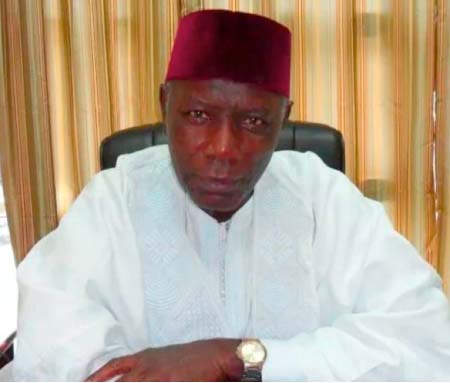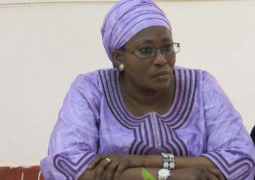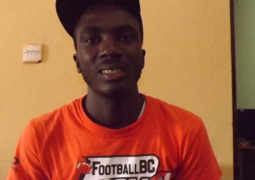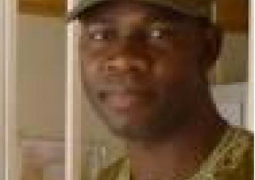
The
Gambia has gone through a peaceful National Assembly elections successfully
conducted by the Independent Electoral Commission (IEC),
The
Chairman of the Electoral Commission, Alieu Momarr Njai announced over the
state TV the final results of the Parliamentary Elections held on Thursday 6
April 2017, declaring that the United Democratic Party (UDP) won 31 seats, the
Alliance for Patriotic Reorientation and Construction (APRC) 5 seats, the
National Reconciliation Party (NRP) 5 seats, the Gambia Democratic Party 5
seats, the People’s Democratic Organization for Independence and Socialism
(PDOIS) 4 seats, The People’s Progressive Party (PPP) 2 seats and one seat went
to an independent candidate.
There
were 238 candidates that contested the elections, including 8 political parties
and 41 Independent candidates, for 53 seats.
The United Democratic Party (UDP), led by
Ousainou Darboe who is now the Minister of Foreign Affairs, had 44 candidates
out of which 31 were elected although they lost all three seats in the capital,
Banjul.
It
would be recalled that the UDP boycotted parliamentary elections in 2002 and
2012 under Jammeh’s regime.
The
Alliance for Patriotic Reorientation and Construction (APRC), the former ruling
party of Yahya Jammeh, contested 29 seats and won only five in the Fonis, which
is the stronghold of the ex-president Jammeh.
Political
analysts believe most of its supporters joined the coalition parties because of
the bad reputation of the former regime in committing atrocities, abuses of
human rights, torture, killing, corruption and the theft of government funds.
The
National Reconciliation Party (NRP) of Hamat Bah contested 24 and won five
seats.
The
People’s Progressive Party (PPP), the party which brought The Gambia to
Independence in 1965 and held power until 1994 when Jammeh toppled that
government, contested in 14 and won 2 seats.
The
People’s Democratic Organization for Independence and Socialism (PDOIS), which
boycotted the Parliamentary Elections in 2012, joined the coalition in the
presidential election in last December. It ran 22 candidates and won four
seats.
The
Gambia Democratic Congress (GDC), which took third in the last presidential
election, had 52 candidates and won five seats in the National Assembly for the
first time. The party was formed last year by Mamma Kandeh.
Among
the 41 independent candidates, only one won a seat in the Upper River Region -
Basse.
Three
small parties who were part of the coalition, namely the National Convention
Party (NCP), Gambia People Democratic Party (GPDP) and Gambia Morale Congress
(GMC) failed to secure seats.
The
President will nominate five members of parliament among them the speaker and
his/her deputy who will all be elected.
The
National Assembly will comprise 53 elected and 5 nominated members, who will
serve for a term of five years.
There
were 886,578 registered voters, according to the Chairman of IEC, voter turnout
was 42% and there was no incidence of violence throughout the country.
Meanwhile,
President Barrow on Thursday after casting his vote in Old Yundum told the
press that there is no split in the coalition.
“I
think everybody has the right to exercise your own right in this country. But
there is no division in this tactical alliance. I think it is a democratic
process. It is a very healthy process. There is unity in the cabinet,” he said.
Political
analysts believe the former ruling party APRC failed in the parliamentary
elections because its leader Yahya Jammeh is alleged to have embezzled over 82
million Euros and accused of human rights abuse as well as killing and
torturing of opponents. This, it is believed, led many to resign from the party
and join other parties.
Read Other Articles In Article (Archive)
Concealment of treason case continues
May 16, 2012, 12:20 PM




